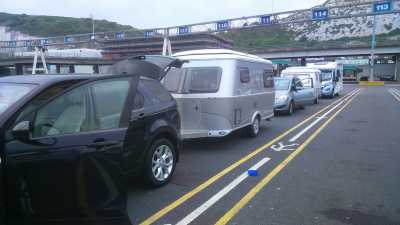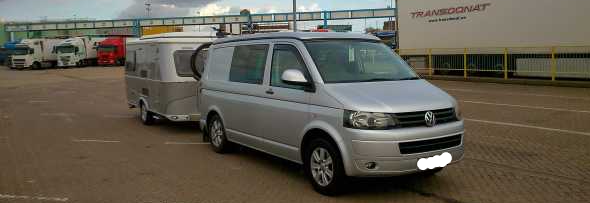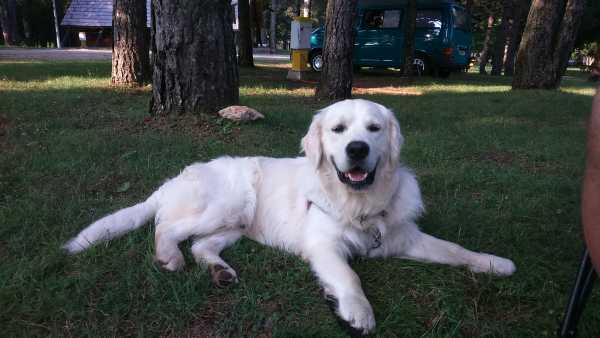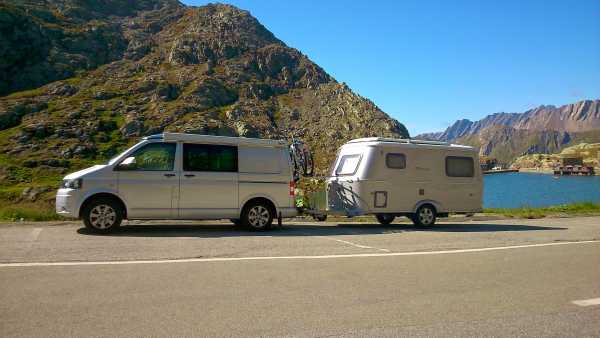This post is going to be basic in respect of the initial planning for those who have never considered touring before. It is written for those who have decided to take the ‘leap over the channel’ and head for Europe. It will not deal with different countries’ rules and regulations but hopefully will answer some of those questions you ask yourself when first planning a tour and maybe some that you haven’t thought of.

Before doing any detailed planning you need to make sure you are going to be safe, therefore question one is about the potential location you wish to visit and tour. Always check the Foreign, Commonwealth & Development Office for their current advice on visiting a country. We accept that in the first instance landing in France is not a problem and France, as most of Europe is safe, however, if you are wanting to be bold and go further afield, such as maybe Morocco, some parts of the Baltic States, or along the Dalmatian coast and further east you might want to do a little bit more research.
For example, a few years ago we were in beautiful Croatia and visited inland as well as the coast. We came across a road closure owing to an accident and the local Police we putting in a diversion while they dealt with the incident. As we were on the border we realised that the diversion would in fact take us into Bosnia. What was the problem? Our car insurance did not cover us to drive in Bosnia. We were already aware of that fact and had decided to limit our trip to as far South as Split. To travel as far South as Dubrovnik meant we would have to cross a 20 Km of landbridge that gave Bosnia access to the sea and getting insurance was a little fraught and expensive. We were aware that we could buy temporary insurance at the border for the trip across Bosnia’s landbridge but all the research somewhat put us off that option. I will not go into the reasons for our Car insurance not covering Bosnia, but we found it was not an uncommon exclusion. Also, be aware that with the change in the UK’s European status a new certificate might have to be issued for European driving. Depending on the amount of time you intend to spend away.
Tip 1 make sure you have the relevant car insurance cover for all the places you want to go to and that they issue a relevant certificate for your vehicle.
With the changes in our European status and the UK becoming a non-EU member means that the rules and regulations will also change. At the moment we do not know exactly what this will mean as agreements have not been reached, but to date, the suggestion is that we will have to go back to the old days of having an insurance Green Card stating that we are insured to drive in stated European Countries (again make sure that the countries that your visiting are covered). In Europe trailers including caravans are treated as separate vehicles and not as an extension of the towing vehicle as in the UK. This means that your insurer will be required to issue a separate certificate of insurance for your caravan. This should not be a problem, a quick call to your insurance company will resolve this for you and have the necessary two documents issued.
Tip 2 also make sure that your insurer issues a separate certificate of insurance for your caravan.

While discussing insurance, you will also want to make sure that your travel insurance also covers you (including medical cover) for all the countries you are visiting. Please be aware that most insurance documents will have a clause in the small print that states that if The Foreign, Commonwealth & Development Office advises against all but essential travel to a country you want to visit, then your travel insurance will be void.
This has been a stark reality of the current COVID 19 crises.
Tip 3 Make sure your travel insurance is valid and covers you for the countries you are visiting and that there is no Government advice against traveling.
Insurance seems to be a big issue in the pre-planning stage, another aspect of insurance that you need to check is your house insurance and the time that you can leave your house unoccupied. Normally you are likely to find this is about 30 days. Fine when you are taking your annual 2 weeks holiday from work. However, this can be an issue if you are deciding to do the ‘Grand Tour’ and are planning to be away for an extended period of time. It is something that you will have to check with your household insurance, but be aware that some will not cover an extended period of non-occupancy, or if they do the additional premiums are very high. We used to use the Camping and Caravan Club for our house insurance, as a benefit of membership the non-occupancy clause was automatically extended to 180 days (6 months) but this is no longer the case.
There is a workaround for this aspect of insurance. If you are planning to be away for an extended period of time, have a family member come and stay in your house for a weekend, so it breaks up the unoccupied period. Not maybe the best or most practical thing to do but for some it might work.
Tip 4 Check your ‘unoccupied’ clause in your house insurance.
While we are talking about insurance policies and other covers for your vehicles, we would advise that you make sure you have adequate breakdown/recovery. Most insurance companies will recover your vehicle after an accident, but not necessarily your caravan or are hazy on the subject. Our experience with asking questions about caravan recovery with insurance companies normally receives an answer, “Your caravan will be recovered if the contractor has the ability to do so”. This is not very reassuring when you are having a problem in a country a long way from home and you are not able to speak the language. You will probably want to take out a separate breakdown recovery that is independent of your vehicle insurance and will cover your caravan breakdown as well.
If something happens to your vehicle on the French Rivera and you need to get it recovered home then you will want your caravan recovered as well.
Tip 5 Make sure you have adequate breakdown and recovery cover for both car and caravan.
Another aspect of your travel planning is which channel crossing are you going to take? A lot of people will have their preferences, some prefer not to go by boat so will choose the ‘Chunnel’, some will prefer to go to a port that disembarks them close to their preferred route/destination. I will make one observation, while the Dover to Calais route (and reverse) is easy, cheap, and short especially if you are taking pets, I personally would prefer not to run the risk of problems at the port with immigration into the UK. How this is going to affect travel going forward with the current pandemic I do not know and only make my comment looking at the experiences of the past.
If you are traveling with pets then you will be considering their comfort and journey time and how they will be affected by the crossing. Many would argue that the quickest and easiest way for pet comfort is the ‘Chunnel’. We have successfully taken our Dog on many of the options without a problem. If we are taking a longer crossing then we will time it for a night crossing so our Eriba-hound is sound asleep!

Talking about Dogs and traveling with them, the rules and regulations are all up in the air at the moment, and we will not know what will be happening until the Politicians agree. Having said that, there is one thing that will be certain and that is your dog will require some sort of rabies vaccination. With that in mind, it is well worth talking to your vet at least six months before your departure date. On the return journey, you will be required to have your dog wormed within 5 days of your return crossing. This will have to be done and certified by a vet. You will need to build this into your return travel plans and have your vet identified in advance.
As we know more about our exit from the EU and how that will affect us traveling we will report in future posts. In the meantime enjoy the planning of your adventures!

